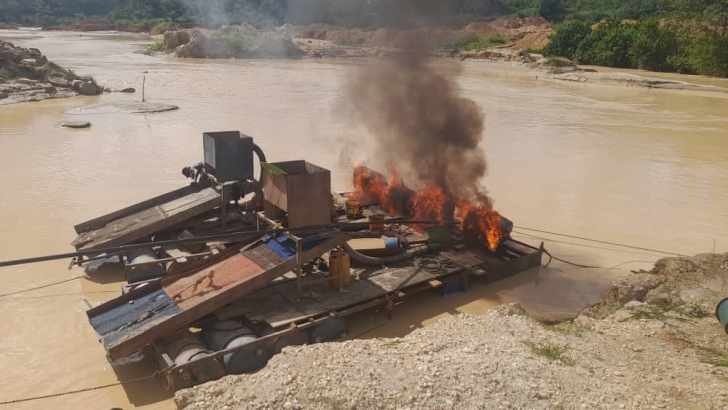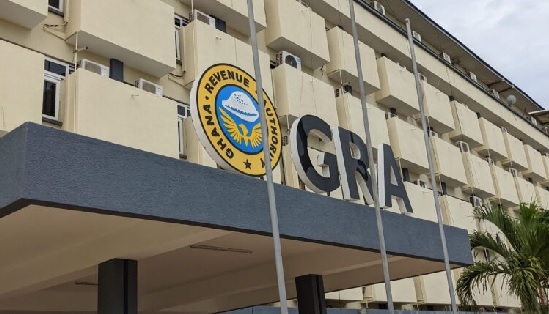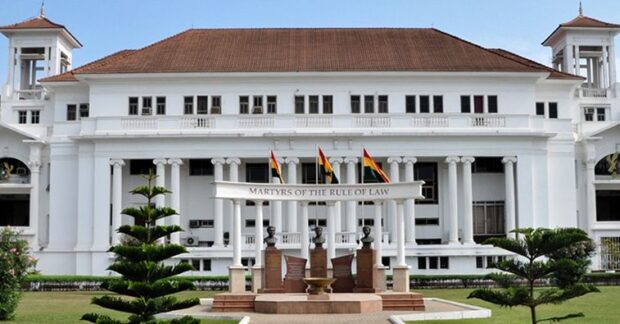
In a significant policy shift, President John Dramani Mahama has announced that Ghana will introduce a permit system for the importation of excavators. This move is part of broader efforts to combat illegal mining activities, commonly known as ‘galamsey’, which have led to widespread environmental degradation across the country.
The Rationale Behind the Permit System
Speaking at the Mining in Motion Conference in Accra, President Mahama highlighted the alarming proliferation of excavators in Ghana, stating that the country currently possesses more excavators than the rest of Africa combined. He emphasized that this unchecked influx of heavy machinery has been a major contributor to the escalating illegal mining crisis.
The new policy, dubbed “No Permit, No Excavator,” mandates that all excavator imports must be accompanied by an official permit. This measure aims to ensure that only authorized entities engage in mining activities, thereby reducing the misuse of excavators in illegal operations.
Implementation and Enforcement
To enforce this policy, the government plans to collaborate with various agencies, including the Minerals Commission and the Driver and Vehicle Licensing Authority (DVLA). A comprehensive tracking system will be established to monitor the movement and usage of excavators throughout the country.
Additionally, trained enforcement officers will be stationed at ports of entry to verify permits and ensure compliance with the new regulations. The government also intends to deploy teams across the country to tag existing excavators, starting from Accra, to facilitate easier identification and monitoring.
Impact on Illegal Mining Activities
The introduction of the permit system is expected to have a profound impact on the fight against illegal mining. By regulating the importation of excavators, the government aims to curb the activities of unauthorized miners who have been exploiting the nation’s natural resources without regard for environmental sustainability.
President Mahama noted that environmental destruction, polluted water bodies, and displaced communities are not inevitable consequences of mining but are symptoms of poor oversight and governance. He stressed that mining cannot be sustainable unless it is also responsible.
Broader Environmental and Social Implications
Beyond the immediate goal of regulating excavator imports, the policy is part of a larger strategy to strengthen environmental, social, and governance frameworks within the mining sector. This includes banning the use of toxic substances such as mercury in gold processing and requiring mine sites to be rehabilitated after use.
The government also aims to protect both small and medium-scale miners under this new structure, ensuring that legitimate mining operations can thrive while illegal activities are curtailed.















Be the first to leave a comment